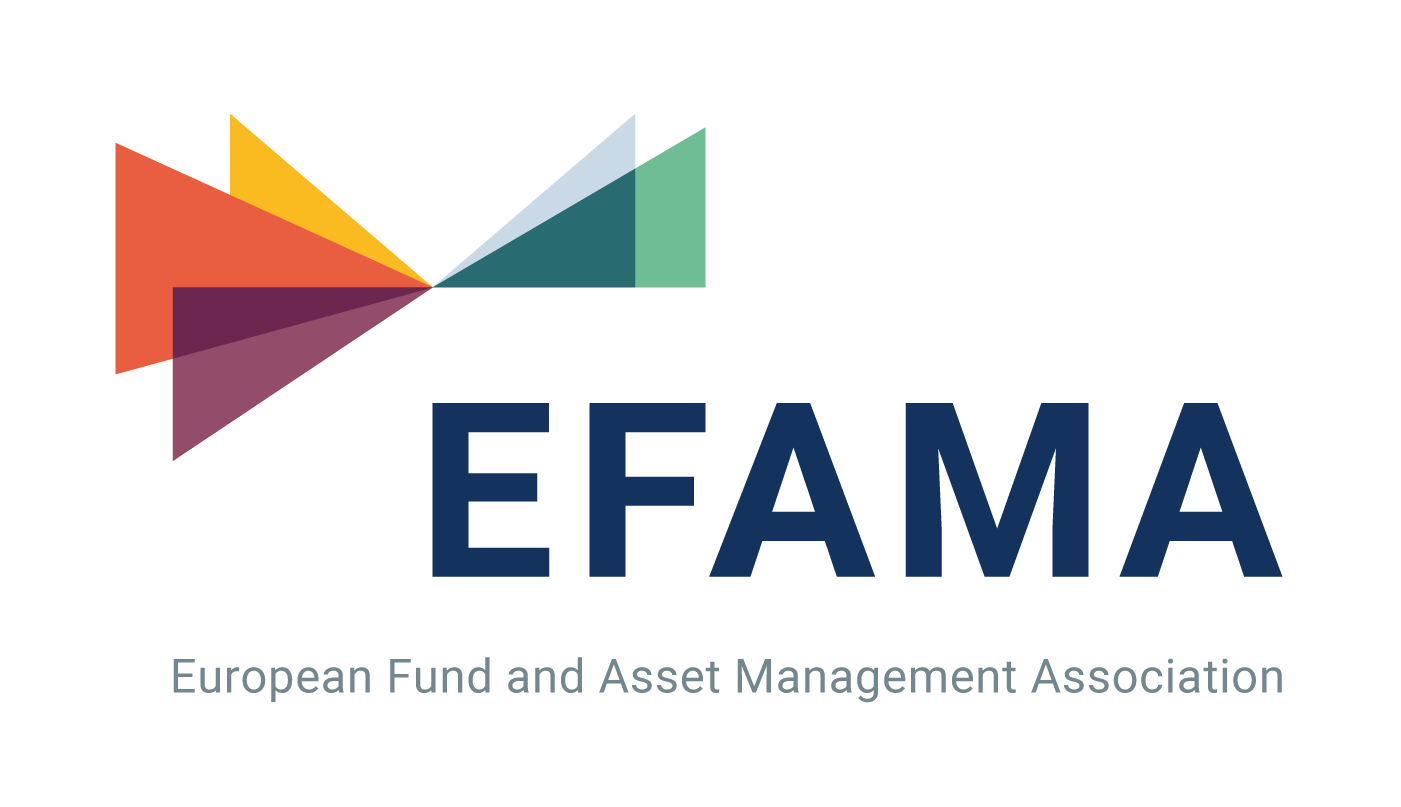The Pensions Authority has raised concerns over several aspects of master trust (MT) management in its supervisory activities report for 2024.
The purpose of the report was to share observations on the key findings identified during the authority's 2024 supervisory activities, which included the introduction of the supervisory review process (SRP) for several multi-employer MTs and defined benefit (DB) and defined contribution (DC) schemes, ongoing engagement with all MTs and several larger DB and DC schemes, compliance audits for DB, DC schemes, PRSA providers and RA and trustee on-site inspections.
The authority began its review programme in 2024 by selecting six master trusts, one large DC and one large DB scheme.
Regarding governance, the authority said it was concerned that in some instances, trustees did not recognise that the appointment of service providers or key function holders from the founder organisation warranted inclusion in the conflicts of interest register.
Furthermore, it found cases of the founder or parent group conducting the required critical reviews of administration and investment services despite providing those same services, which trustees did not recognise as a conflict of interest.
The report revealed that some master trust deeds included clauses restricting the trustees to particular service providers or requiring them to consult with the founder on key decisions.
It warned that such provisions may limit trustees' ability to achieve the best outcomes for members and said it expects trustees to seek to remove these requirements.
The report also noted that some continuity plans for the selected master trusts lacked sufficient detail on the assumptions underlying forecasts or comparisons with experience.
Indeed, several master trusts did not have adequate wind-up procedures in place, and there was a lack of clarity on how transfers of member benefits would be handled efficiently and in a timely manner.
The authority also revealed communication concerns, with some boards providing minimal information on trustees' monitoring of IT platform usage.
While some master trusts had implemented measures for ongoing engagement with participating employers, many appeared to have only limited direct engagement.
In addition, some of the member investment and charge communications lacked
detail on legacy funds and clear and transparent information on fees, including those payable to advisors.
Some documents failed to include other member charges, such as administrative costs, and the authority also observed that member complaints were not progressed in a timely manner and lacked trustee oversight.
Meanwhile, in response to the transposition of the IORP II Directive, many one-member arrangements (OMAs) have now been transitioned to master trusts.
However, the report expressed concern at 'minimal efforts' made by trustees or founders to rationalise the various fund choices and charging structures, suggesting the OMAs continued to exist within a different legal structure.
The authority said there was little evidence that trustee boards had established processes for monitoring and benchmarking scheme charges.
Overall, the SRP findings for master trusts indicated that trustees are meeting many of the requirements of the Pensions Act and Code; however, as the report sets out, some areas require further attention.
While the details of the findings in this report were not exhaustive, the authority said it expected all trustee boards and their advisers to consider the findings and evaluate their practices to establish if any improvements are required.
Latest News
-
Malta moves toward AE as consultation closes on second pillar reform
-
Czech pension plan assets increase by CZK 20bn in Q2 2025
-
Institutional investor risk appetite hits five-year high
-
Average UK transfer times improve but pressure builds for switch guarantee
-
News in brief: 8 August 2025
-
Norway urges GPFG to review Israeli investments
Podcast: Stepping up to the challenge

In the latest European Pensions podcast, Natalie Tuck talks to PensionsEurope chair, Jerry Moriarty, about his new role and the European pension policy agenda
Podcast: The benefits of private equity in pension fund portfolios

The outbreak of the Covid-19 pandemic, in which stock markets have seen increased volatility, combined with global low interest rates has led to alternative asset classes rising in popularity. Private equity is one of the top runners in this category, and for good reason.
In this podcast, Munich Private Equity Partners Managing Director, Christopher Bär, chats to European Pensions Editor, Natalie Tuck, about the benefits private equity investments can bring to pension fund portfolios and the best approach to take.
In this podcast, Munich Private Equity Partners Managing Director, Christopher Bär, chats to European Pensions Editor, Natalie Tuck, about the benefits private equity investments can bring to pension fund portfolios and the best approach to take.
Mitigating risk
BNP Paribas Asset Management’s head of pension solutions, Julien Halfon, discusses equity hedging with Laura Blows
© 2019 Perspective Publishing Privacy & Cookies








Recent Stories